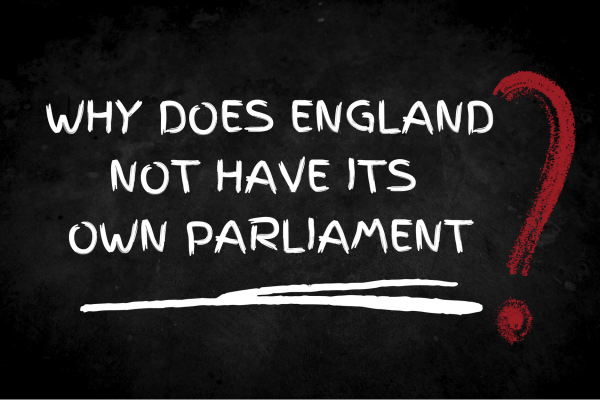Devolution was introduced by the Labour government in 1999, following referendums in Scotland and Wales and the signing of the Good Friday/Belfast Agreement in Northern Ireland. There were few demands for devolution in England at the time, so an English Parliament was not seriously considered. Because England houses the overwhelming majority (84%) of the UK’s population, there were also concerns that a devolved English Parliament would remove a lot of powers and responsibilities from the UK parliament, and might weaken the United Kingdom as a political union.
There has been more interest in proposals to give more powers to English regions than to England as a whole. When devolution was introduced to Scotland, Wales and Northern Ireland, the government had planned to set up elected regional assemblies in England. But this idea was abandoned in 2004, when more than three-quarters of voters in the North-East of England opposed the assembly planned for their region. Directly-elected mayors have been introduced in some English ‘city-regions’, starting with London in 2000 and, from 2017, extending to eight other areas, including Greater Manchester and the West Midlands. London also has an elected assembly that is responsible for holding the mayor to account. Although this process is sometimes referred to as regional devolution, unlike the arrangements for Scotland, Wales and Northern Ireland, none of the regional institutions within England have powers to pass their own laws.
Overall, political decision-making in England remains very centralised, with power concentrated in the UK parliament and UK government. Since 2015, a system known as English votes for English laws has provided that laws passed in the UK parliament that apply only in England must have the support of a majority of MPs from English constituencies.

